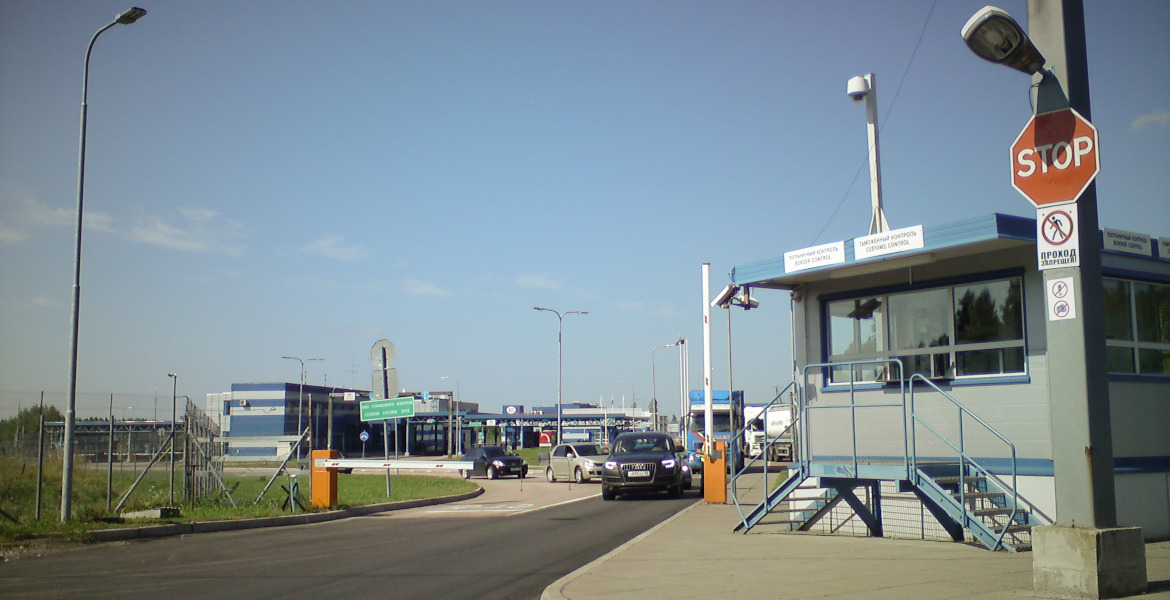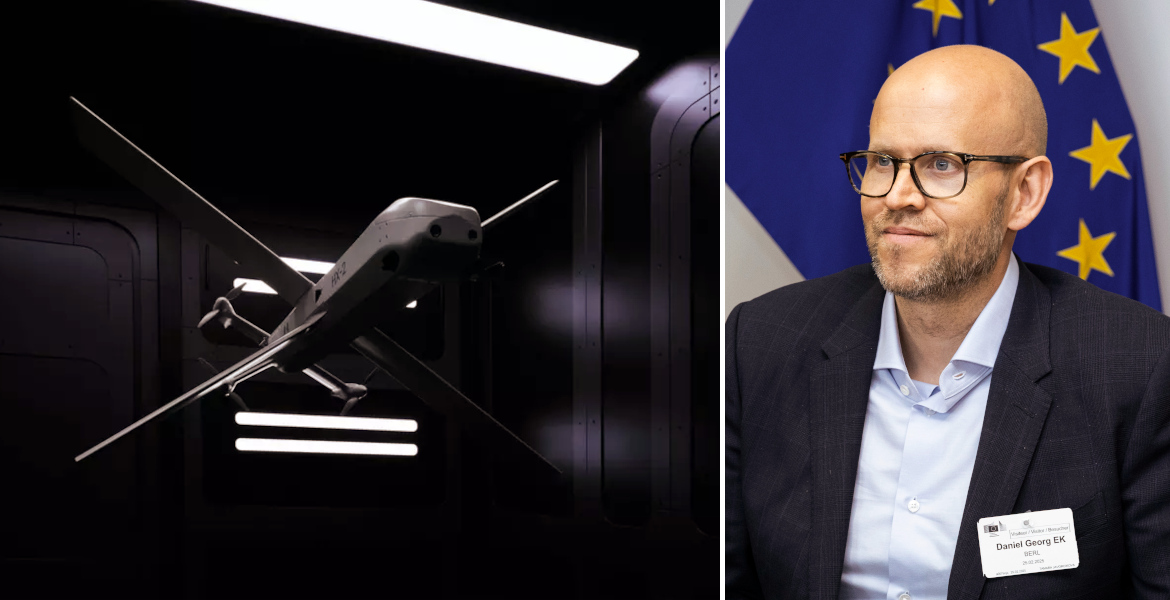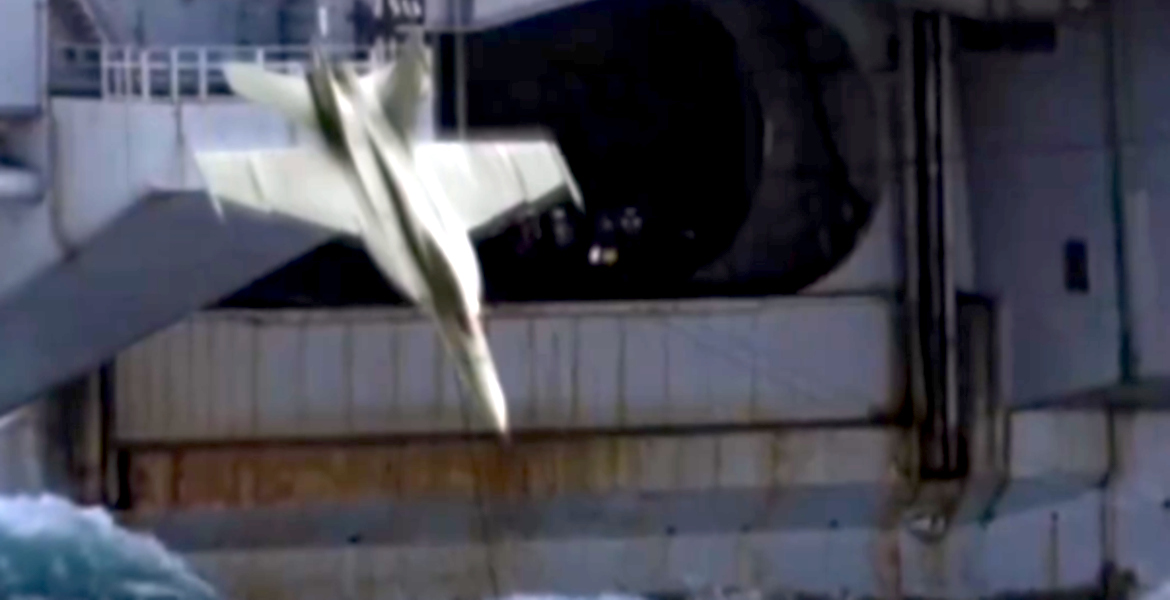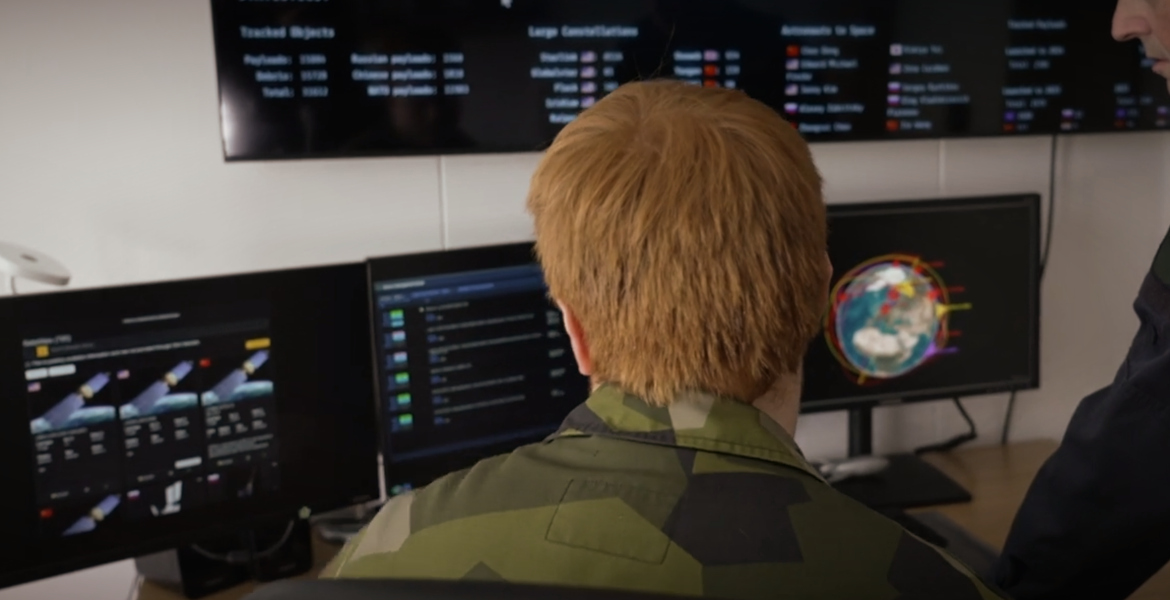Together with five other European NATO countries, Sweden will develop new intermediate-range missiles with a range of up to 200 kilometers.
– Russia deploys long-range systems every week, so it is also necessary for Europe to acquire a better ability to deter Russia from any temptation to aggress, says Swedish Defense Minister Pål Jonsson (M).
– From a purely tactical and operational point of view, this means a better ability to deter. It will also force the adversary to tie up defense resources to deal with the risk of an attack, Jonsson added on Swedish state radio channel P1.
The exact weapon systems involved are not yet clear, but according to Hans Liwång, a professor at the Department of Defense Systems at the Swedish National Defense College, they are apparently cruise missiles with a range of between 100 and 200 miles, which can be used to attack targets far beyond Sweden's borders.
– ... and then it is a missile that can be launched from Swedish soil over the Baltic Sea, for example, to hit logistical preparations or harbors that are loading an invasion against Sweden, one could imagine, he speculates.
– The big thing is the range. It is at least 10 times longer range than the missiles Sweden has today, and so it is a weapon that can be fired not only at the attackers, but also far behind them.
‘Political dimension’
The missile system is being developed with France, Britain, Germany, Poland, and Italy, and the reason so many actors are working together is believed to be to get the system ready as soon as possible - preferably before 2030.
– There is also a political dimension, in that we want to do this together with other major European countries, and Europe wants to show that it can do this on its own without the help of the United States, Liwång continues.
– I think it is unlikely that it will be operational by 2030, but it is possible that we will know something about it by then and that it will come a few years later.
The professor also notes that Sweden has traditionally focused on defense-oriented defense - that is, that we should have weapons designed to fight enemies who attack Swedish territory - but that there has been a recent change in this view.
Sweden joins European Long Range Strike Approach (ELSA), an initiative to jointly develop a ground launched cruise missile. During the Nato Defense Ministers Meeting, I had the opportunity to sign the letter of intent to make Sweden a part of this initiative. (1/3) pic.twitter.com/71myCrZF8B
— Pål Jonson (@PlJonson) October 18, 2024




